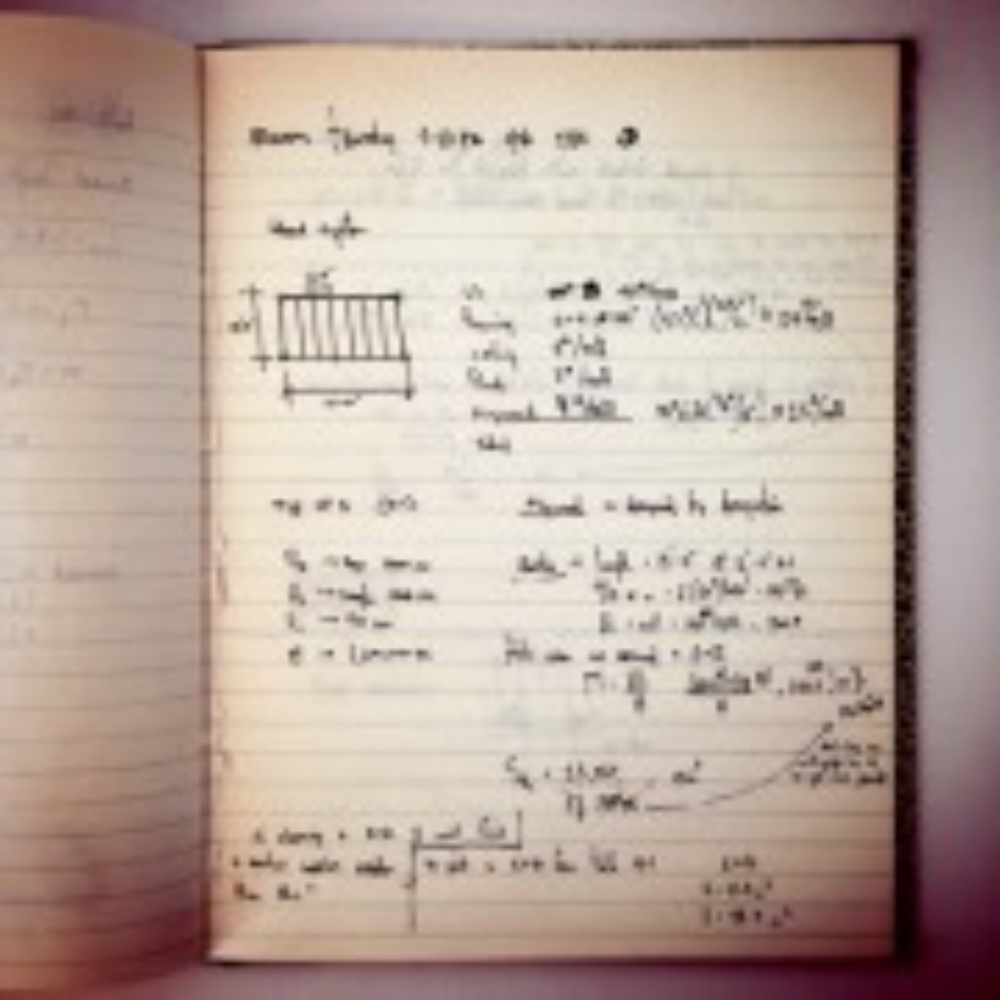
Why Don't You Need Math to be an Architect?
I couldn't begin to guess how many dozens of people have told me that they had hopes of being an architect, but they just weren't good at math.
In these times, math is a tool, not an obstacle. The math needed to be a successful architect resides on your calculator. Your computer drafting equipment will tell you more than you need about distance and length and angles. Manufacturers produce tables of how their materials perform; no need for fevered calculation.
But beyond that, the field is broad. There is a place for anyone who wants to put the effort in to learn the profession.' There is space for artists to do renderings of buildings not yet built (or computer generated fly-throughs). There is room for those who want to peer into the dark secrets of material properties and technical specifications. There are places for the hopelessly organized and for the wonderfully erratic. Want to travel' You can go to Italy and supervise stone being quarried for a high rise, or go to Hong Kong and match wits with the contractor's accountant. Do you like to work alone' No problem. If you like big support groups and lots of social interaction, there are plenty of those, too. High tech, low tech, traditional or modern, there is an endless variety to the opportunities available in architecture.
'Not good at math,' is not a reason not to pursue a career in architecture.
Why don't you need to be good at Math to be an Architect?
Your calculator's no good to you if you don't know whether the answer indicated is roughly correct. How are you with decimal points' Can you translate 5/12 into an angle and back again. Do you know how to calculate the common area factor of a multi-tenant building' What happens to the top of a geometric solid when it intersects another one' Are you able to picture that in your head' What is a 5% slope' How steep is 1:48'
So which is true' Both are, obviously. If you are really interested in the field don't be put off by the math. You'll find the place you are comfortable, and you'll have the drive you need to understand the math you'll be using. If architecture doesn't sound compelling enough to stretch a little, it's probably not the field for you. But next time you hear someone say they'd like to be an architect, but they're no good at math, tell them to come to talk to me.